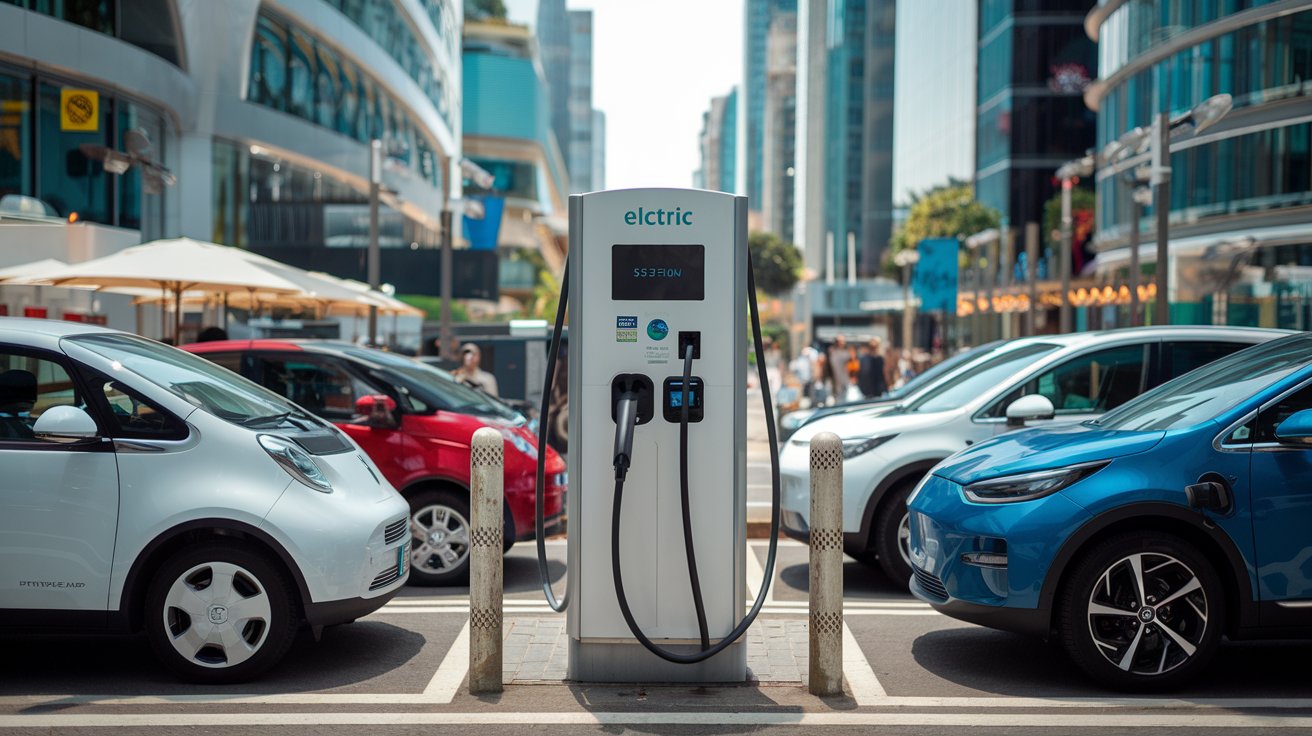Trump Administration Suspends National EV Charger Rollout
In a dramatic policy shift, the Trump administration has moved to suspend the National Electric Vehicle Infrastructure (NEVI) program, a $5 billion initiative aimed at expanding electric vehicle (EV) charging stations across the United States. This suspension halts the deployment of critical EV infrastructure, raising legal concerns and sparking debates over its potential impact on the U.S. clean energy landscape.
The NEVI Program: A Pillar of EV Expansion
The NEVI program, established under the 2021 Infrastructure Investment and Jobs Act, was designed to support the growing demand for electric vehicles by ensuring a reliable, nationwide network of EV chargers. Managed by the Federal Highway Administration (FHWA), the program allocated federal funds to states to accelerate the installation of high-speed charging stations along key transportation routes.
However, recent directives from the FHWA have instructed states to pause the use of these funds until new guidelines are issued. This sudden halt affects several states, including Alabama, Oklahoma, Missouri, Rhode Island, Ohio, and Nebraska, all of which had active plans to expand their EV infrastructure.
Legal Challenges on the Horizon
The suspension has raised significant legal questions. Experts argue that this move may violate the Impoundment Control Act of 1974, which limits the executive branch’s power to withhold funds allocated by Congress. Andrew Rogers, former deputy FHWA administrator, criticized the decision, stating, “This appears to ignore both the law and multiple restraining orders issued by federal courts.”

States and clean energy advocates are preparing for potential legal battles, asserting that the suspension undermines federal court orders and disrupts the momentum of the clean energy transition.
Industry Reactions: Winners and Losers
The EV industry is feeling the ripple effects of this decision. Tesla, which secured $31 million in NEVI funding, faces uncertainty. Interestingly, Tesla CEO Elon Musk has publicly supported the administration’s actions, suggesting that the removal of EV incentives could ultimately benefit Tesla by reducing reliance on government subsidies, potentially disadvantaging competitors.
Meanwhile, other EV manufacturers and infrastructure companies express concern over the long-term impacts on the industry’s growth and the nation’s climate goals.
Broader Implications for the Clean Energy Future
This suspension not only delays the deployment of EV infrastructure but also threatens the U.S.’s ability to meet its ambitious climate targets. Reliable EV charging networks are critical to reducing greenhouse gas emissions and encouraging consumers to adopt electric vehicles.
The clean energy sector fears that this policy shift could set back years of progress, making the U.S. less competitive in the global EV market.
Conclusion
The Trump administration’s decision to suspend the NEVI program marks a significant shift in federal EV policy. As legal challenges loom and the industry adjusts to new uncertainties, the future of America’s EV infrastructure hangs in the balance. This development underscores the ongoing tension between political decisions and environmental priorities, with far-reaching consequences for the nation’s energy future.
For more detailed insights into the legal implications of this suspension, refer to this analysis /USnewsSphere.com.





